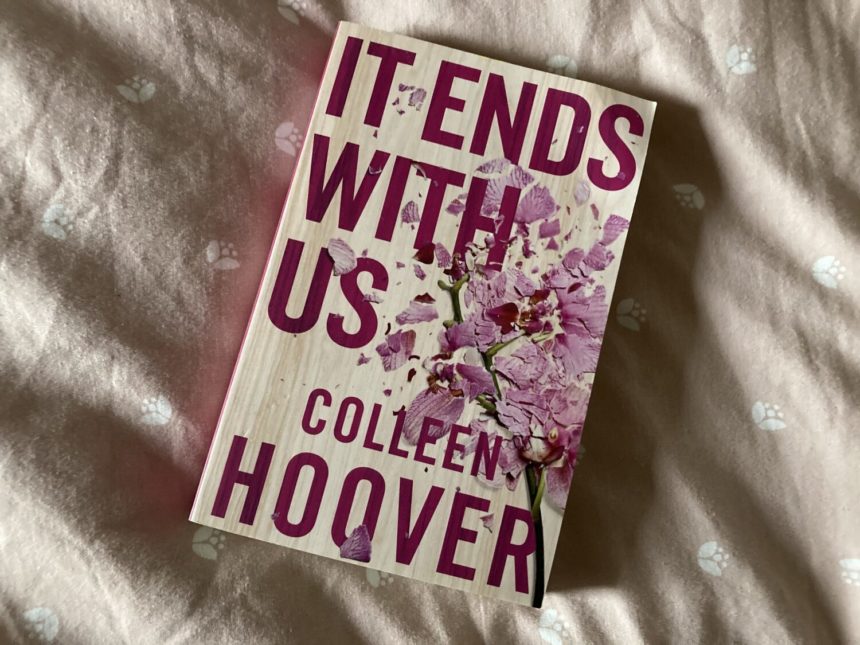Why is it that I enjoy authors named Colleen the most? They even have similar surnames. Houck and Hoover. I have already devoured the stories Hopeless and Losing Hope from the second mentioned a few years ago. I still remember how they touched my teenage heart, and I can even say they influenced my work. This is why I reached out to It ends with us.
Lily suffered her own way as a child. After her father's death, she settles in Boston - a city where everything is better. At least that's what Atlas, Lily's first love, once told her. When she meets an ambitious doctor Ryle here, her life is finally getting back on track, but just when she thinks she couldn't be happier, she hits a hard obstacle.
Already on the first pages, I was attracted by the detail with the names – (protagonist) Lily and (roommate) Lucy – both starting with L and ending with Y. Who would come up with such a thing, if not this clever woman who reached into her personal memories while writing?
I was the biggest wave he’d ever come across. And I brought so much with me that my impressions would always be there, even when the tide rolled out.
Lily kept a diary in her youth. Years later, she starts reading about Atlas and her family troubles, opening old wounds. But sometimes even a painful memory is good, especially if it helps a person to make the right decision at the right time.
I don’t particularly like the merging of past and present in books. I always skim through the “past” in an attempt to return to the interesting stuff as quickly as possible. But the exception proves the rule, It ends with us would have lost an important part without the blending and this time I even enjoyed it.
Cycles exist because they are excruciating to break. It takes an astronomical amount of pain and courage to disrupt a familiar pattern. Sometimes it seems easier to just keep running in the same familiar circles, rather than facing the fear of jumping and possibly not landing on your feet.




Leave a Reply